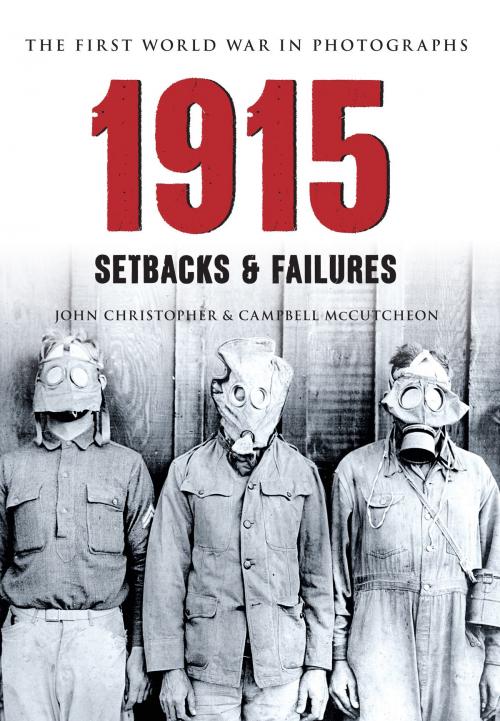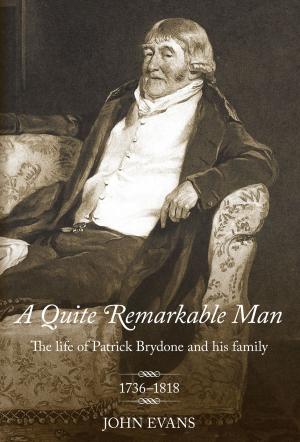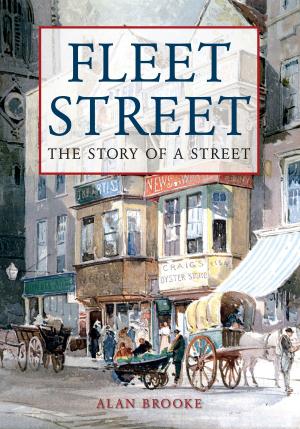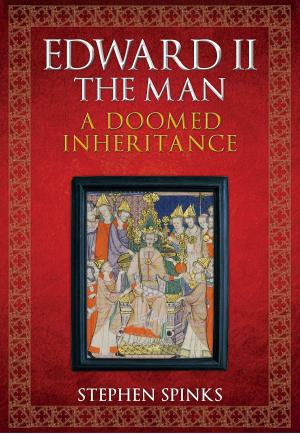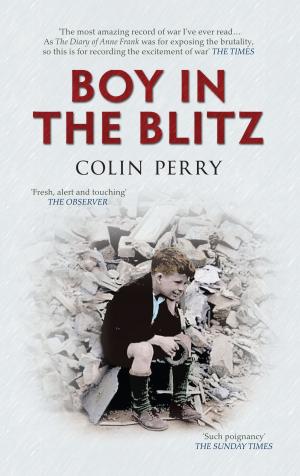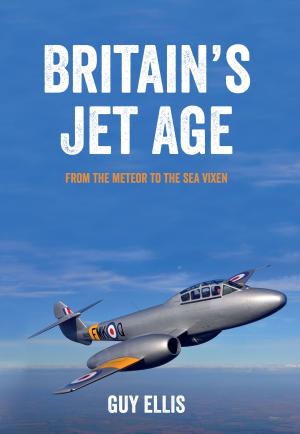1915 The First World War in Photographs
Setbacks & Failures
Nonfiction, History, Military, Strategy, World War I| Author: | John Christopher, Campbell McCutcheon | ISBN: | 9781445622217 |
| Publisher: | Amberley Publishing | Publication: | August 15, 2014 |
| Imprint: | Amberley Publishing | Language: | English |
| Author: | John Christopher, Campbell McCutcheon |
| ISBN: | 9781445622217 |
| Publisher: | Amberley Publishing |
| Publication: | August 15, 2014 |
| Imprint: | Amberley Publishing |
| Language: | English |
1915, the second year of the Great War, was to see the failure of the Dardanelles landings and the sinking of the Lusitania, shown below, with the loss of 1,198 people, as well as the first bombing of mainland Britain by Zeppelin and the entry of Italy into the war. Huge battles would be fought at sea and on land, while the fledgling air forces of the fighting powers clashed in the clouds. 1915 will be remembered not just for the Lusitania but also for that most inhumane and indiscriminate weapon, poison gas, its first use being against the Russians on the Eastern Front. The Western Front was in stalemate, with the troops entrenched and little in the way of advance or retreat to counter the thousands of lives being lost on a daily basis. War in the east and in Mesopotamia was more fluid, with the armies of Germany, Turkey, Russia and Austria-Hungary moving over huge swathes of Central Europe and the Middle East. John Christopher and Campbell McCutcheon tell the story of 1915 at war using many rare and often unpublished images, showing the full horror of the conflict, as well as its impact on the everyday person.
1915, the second year of the Great War, was to see the failure of the Dardanelles landings and the sinking of the Lusitania, shown below, with the loss of 1,198 people, as well as the first bombing of mainland Britain by Zeppelin and the entry of Italy into the war. Huge battles would be fought at sea and on land, while the fledgling air forces of the fighting powers clashed in the clouds. 1915 will be remembered not just for the Lusitania but also for that most inhumane and indiscriminate weapon, poison gas, its first use being against the Russians on the Eastern Front. The Western Front was in stalemate, with the troops entrenched and little in the way of advance or retreat to counter the thousands of lives being lost on a daily basis. War in the east and in Mesopotamia was more fluid, with the armies of Germany, Turkey, Russia and Austria-Hungary moving over huge swathes of Central Europe and the Middle East. John Christopher and Campbell McCutcheon tell the story of 1915 at war using many rare and often unpublished images, showing the full horror of the conflict, as well as its impact on the everyday person.
